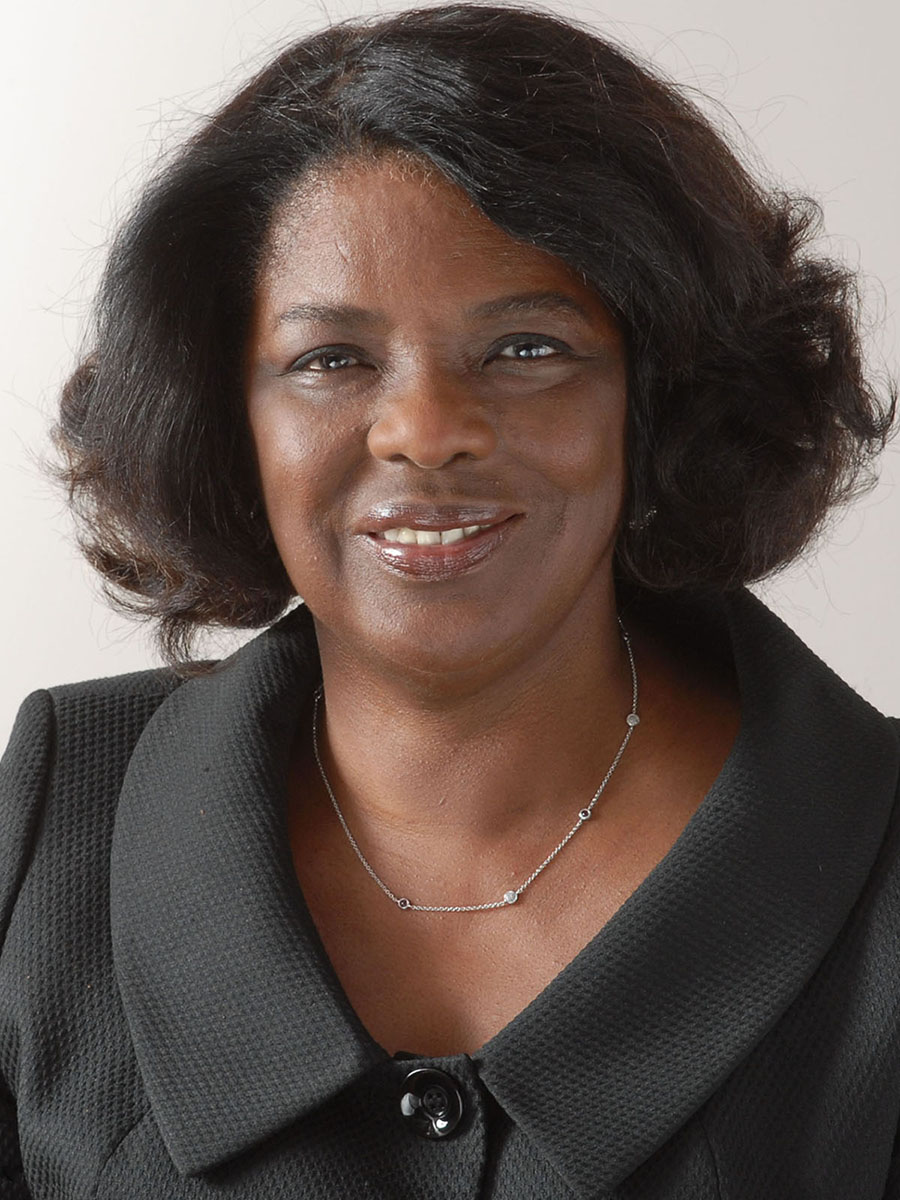La Verne Reid, PhD’99, is a professor in the College of Behavioral and Social Sciences at North Carolina Central University. In addition to teaching and mentoring students, Reid partners with North Carolina state health agencies to design training programs to increase the cultural competency of healthcare providers working with HIV patients. She spoke with Heller communications about her decades-long career in public health and health equity.

How did you get started in your public health career?
I started working in the early 1970s while I was still in grad school. I was the first person of color hired by a county health department in the state of North Carolina. I was the family planning health educator, or "population dynamics specialist."
Back in those days, women who wanted a pregnancy test had to bring their urine specimen to the Department of Health. If that woman was under age 18 and had a positive pregnancy test, I was the person who counseled them. Of the girls I met with, I found that those who chose to keep their babies were going to have the more difficult task. So we designed a program for parenting adolescents to help them navigate the systems they'd need to work with.
How has this differed from the health equity work you've done in major cities, such as Boston?
When I worked in Boston there was a public concern about disparities in infant mortality. The mayor allocated money to address those disparities, but you can't actually address problems of that magnitude in a year. What you can do is move the needle on the way people think about that problem. Why is it that middle-class black women have higher infant mortality rates than their white counterparts? We worked to address questions like that and change public perception.
What aspects of health equity and health disparities do you believe are most pressing today, and what strategies can we use to solve them?
When we talk about health disparities today we're talking about poverty, access to health care, educational inequalities and the prison pipeline. These issues are interconnected. For example, everyone knows there are disproportionately large numbers of African American men in prison, but not everyone knows that many of them become HIV positive while in prison. The prison health system is inadequate—are they testing inmates before they arrive? Are they then sending them back to communities with a communicable disease they don't know they have? That's a health inequity based on access to care.
I think the Affordable Care Act is the first real program to address health disparities on a national level. Not all health disparities are related to access to care, but access makes a difference. The fact that more people can go to the doctor without astronomical copayments is important, especially given the fact that we don't currently have a livable minimum wage.
When we think of our country's desire to improve the national economy and our intent to improve the health status of the nation, they're often seen as incongruent goals. We need to find ways to reduce costs for those footing the bill, while increasing services for those who are at risk. That's where the rubber sometimes doesn't meet the road.
How has your PhD from Heller shaped the work that you do?
I talk about my experience at the Heller School a lot with my students because we are very interested in health inequities. Heller exposed me to the language that policymakers use, and it's totally different from that of health inequality. I learned to speak that language and examine those differences.
After receiving my PhD from Heller I worked with the North Carolina legislature, helping them understand how using data could inform their decision-making. Heller gave me access to that world. I learned the way policy is decided upon, and I understand that now. Heller opens doors.
